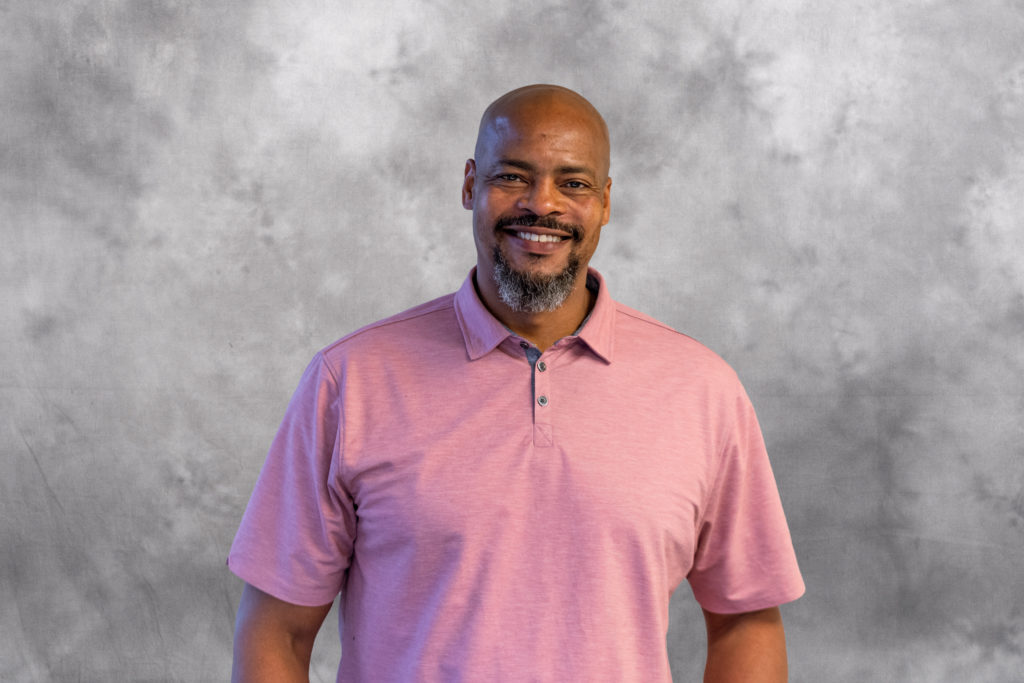
In 2021, Juneteenth became a federal holiday commemorating the emancipation of enslaved African Americans and, as a result, many companies now include Juneteenth in their holiday calendar.
Mel Jones leads inclusion efforts at Hoffman Construction, the largest commercial construction firm in the Pacific Northwest, which engages a diverse workforce of over 700 employees including engineers, project managers, and skilled tradespeople.
Spring Green’s Tia Over spoke with Mel about the history and significance of Juneteenth and what leaders should consider in communicating with their employees, customers and partners.
You’re a history buff. What are the most important things to know about the events of June 19, 1865?
June 19, 1865, is when the last slaves received word from the U.S. Army of the Emancipation Proclamation, two and a half years after President Lincoln issued it. This order freed slaves but it did not end slavery. Reconstruction quickly followed but only lasted a few years, and the resentment felt among some former slave owners gave birth to the KKK, Jim Crow and segregation.
Juneteenth has been celebrated traditionally with festivals, parades and many other culturally significant activities, even though it only became an official holiday in 2021 – 156 years later.
Why is it important for American companies to talk about and observe Juneteenth?
What I would like companies to ask is: What are the actions they can take to support freedom from oppression? Are there organizations they support that oppress people? How can they make a change to influence others? I would like American companies to do a better job of promoting the understanding of accurate American history, to listen to the voices of the Black community and its struggles with systemic discrimination.
What diversity, equity and inclusion improvements have you seen take hold in the commercial construction industry in the past few years?
Many construction companies are realizing that DEI professionals are a value-add, not just for trade partner inclusion but overall company engagement.
Customers are promoting more inclusion at all levels of their project requirements. This requires contractors to be more creative, to let go of the old methods of procurement and create a new and improved process.
I’m seeing evidence of progress in more meaningful opportunities in bid packages, beneficial partnerships, joint ventures, and anti-bullying and culture-of-care programs for our workforces. Strong mentorship programs are developing a strong group of small business trade partners.
What advice do you have for DEI and organizational leaders as they commemorate Juneteenth internally and externally?
I have four suggestions:
- Find ways to be intentional with your inclusion and stop waiting for an opportunity to be inclusive.
- Make sure your program is designed to meet people where they are in understanding and empathy. Be thoughtful and intentional about your messaging and actions.
- Don’t be afraid to take action, take feedback and make adjustments to your program. Inclusion changes with the situation, so don’t be too rigid.
- If you are off in observance of Juneteenth, use the day to not only celebrate and reflect, but to take one small action that makes a difference: read a book on anti-racism, donate to funds and initiatives that fight for racial justice, shop from Black-owned businesses or call your congressperson to ensure they’re protecting voting rights for everyone.
by Tia Over
